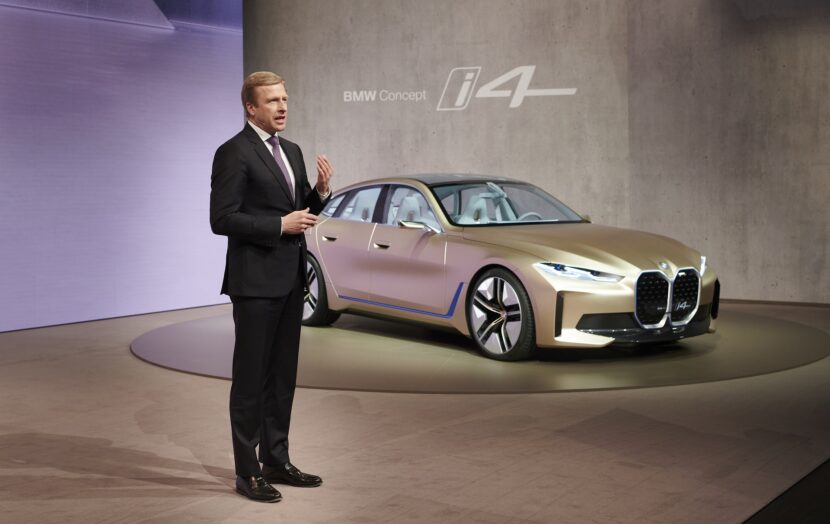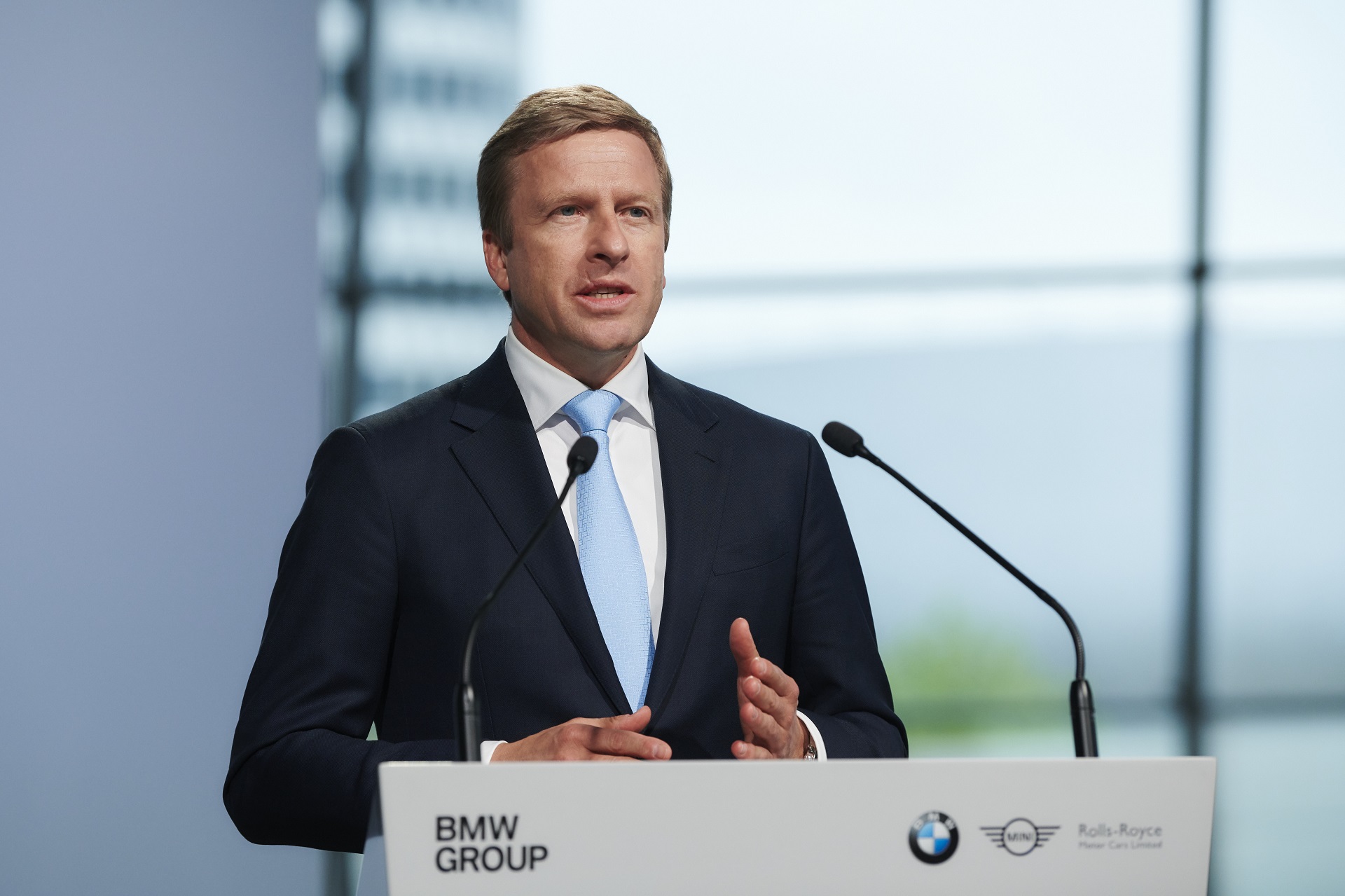For the second year in a row, BMW CEO Oliver Zipse has been named the President of the European Automobile Manufacturers’ Association. The new one-year term should prove to be rather busy as drastic measures regarding emissions regulations are expected to be taken in 2022. One of them will be setting up the norms for Euro 7 standards that will come into force in the latter half of the decade, possibly in 2027.
As you may recall, a proposal made earlier this year by the European Commission that has yet to be voted calls for an effective ban on sales of new cars powered by internal combustion engines by 2035. Another important topic up for debate next year will be related to the Alternative Fuels Infrastructure Regulation (AFIR) for creating firm targets for members of the European Union as far as developing the EV charging infrastructure. In addition, new CO2 standards for heavy-duty vehicles will also be established in 2022.
As if the agenda wasn’t already quite packed, the automotive industry is still greatly impacted by the semiconductor shortage. In late October, BMW’s top brass warned the lack of microchips will continue well into next year, prompting him to say “the gravity of the situation requires a strong and coordinated response across the European Union.”

Consequently, ACEA estimates sales numbers in 2022 will not reach pre-pandemic levels. The BMW Group is taking the necessary preventive measures by reaching an agreement with microchip developer INOVA Semiconductors as well as with semiconductor manufacturer GlobalFoundries to secure millions of microchips each year.
These supply chain shortages are particularly worrying, with ACEA saying car production in the EU dropped by a whopping three million units in the first nine months of 2021 compared to January-September 2019. Not only that, but sales of new cars in October plummeted by 30% compared to the same month of last year. It’s the fourth month in a row of declining sales.
Elected by CEOs of Europe’s 16 major car, van, truck, and bus manufacturers, Oliver Zipse said: “For the sake of our industry’s global competitiveness, Europe must strengthen its technological sovereignty to be able to provide essential components to the region’s core industries.”
[Source: European Automobile Manufacturers’ Association]





































































